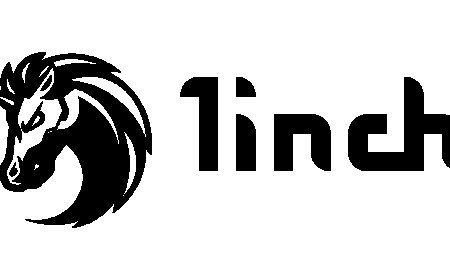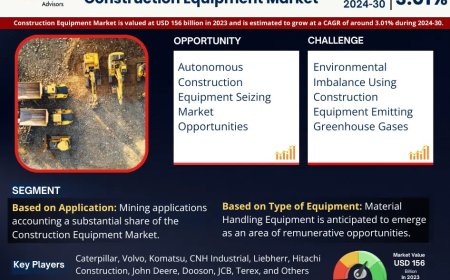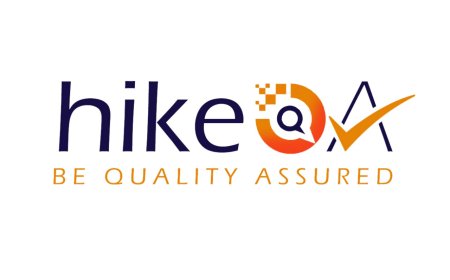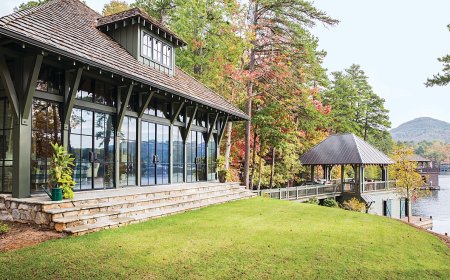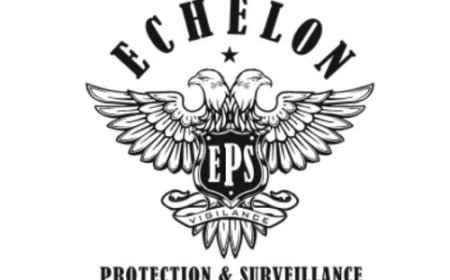How Much Does a Fence Really Cost? A Fence Company Explains All Hidden Fees
This guide will help you understand how much a fence really costs and what factors influence your investment.

Installing a fence is an investment that enhances your propertys privacy, security, and curb appeal. However, many homeowners are surprised when the final bill for their fence installation is higher than expected. Understanding the true cost of fencing involves looking beyond the initial quote and recognizing hidden fees that can affect your budget.
A professional fence company can guide you through these costs, ensuring transparency so you can plan your project without unexpected financial stress.
Why Fence Installation Costs Vary
No two fencing projects are the same, and the price can vary significantly based on:
-
Fence material (wood, vinyl, metal, chain link)
-
Fence height and length
-
Terrain and soil conditions
-
Labor rates in your area
-
Permit and inspection fees
-
Customizations like gates or decorative features
A reputable fence company will assess these factors and provide a clear estimate, helping you avoid underestimating your fencing budget.
Average Fence Installation Costs
While prices can vary, here is a general range of average installation costs:
-
Wood fencing: $15 - $35 per linear foot
-
Vinyl fencing: $20 - $50 per linear foot
-
Aluminum or wrought iron fencing: $25 - $55 per linear foot
-
Chain link fencing: $10 - $20 per linear foot
These ranges include basic materials and labor, but your final price will depend on site-specific details and design choices.
Factors That Affect Fence Pricing
1. Fence Material and Quality
The type of material you choose significantly impacts cost:
-
Wood fencing is often less expensive initially but requires maintenance.
-
Vinyl fencing has a higher upfront cost but lower long-term maintenance.
-
Metal fencing offers durability and security but at a higher price point.
-
Chain link fencing is budget-friendly for functional boundaries.
Material quality within each category also affects pricing. A fence company can help you balance quality and budget while aligning with your aesthetic preferences.
2. Property Terrain and Soil Conditions
Challenging terrain can increase labor costs. Your fence company may need to:
-
Level sloped areas
-
Clear rocks, trees, or brush
-
Use specialized equipment for rocky or clay-heavy soils
These factors can add to your installation costs due to additional time and labor required.
3. Fence Height and Length
Taller fences require more materials and structural support, increasing the cost per linear foot. The total perimeter of your fencing project directly impacts material and labor costs.
4. Gates and Access Points
Adding gates for driveways or walkways increases costs due to:
-
Hardware and locking mechanisms
-
Additional framing for support
-
Custom sizing or decorative features
Discuss your access needs with your fence company during planning to budget accurately.
5. Local Permits and HOA Requirements
Many cities require permits for fence installations, and your homeowners association may have specific guidelines for fence styles and heights. Costs may include:
-
Permit application fees
-
Inspection fees
-
Additional material or design changes to meet regulations
A professional fence company typically handles permits on your behalf, streamlining the process.
Hidden Fees to Watch For
Beyond the standard material and labor costs, homeowners often encounter hidden fees. A transparent fence company will help you identify these in advance:
-
Old Fence Removal: If replacing an existing fence, removal and disposal fees may apply.
-
Site Preparation: Clearing heavy vegetation, leveling ground, or removing debris.
-
Post Setting Costs: Deeper posts for stability in certain soils may require additional concrete.
-
Utility Marking: Locating and marking underground utilities is often required for safety.
-
Cleanup Fees: Some companies charge extra for site cleanup and debris removal.
-
Material Delivery Fees: If materials are delivered from outside your area, delivery fees may apply.
-
Custom Staining or Painting: Pre-staining or painting can add to your upfront costs.
Discuss these potential fees with your fence company to avoid budget surprises.
How a Fence Company Provides Accurate Estimates
A professional fence company will:
-
Visit your property for a site assessment
-
Measure your fencing area accurately
-
Discuss your material and design preferences
-
Identify potential challenges with your terrain
-
Explain local permit and HOA requirements
-
Provide a detailed, written estimate with a clear breakdown of all costs
This process ensures transparency and allows you to adjust your project to fit your budget without compromising quality.
Tips for Budgeting Your Fence Installation
To manage your fencing project effectively, consider these budgeting tips:
-
Prioritize Needs: Decide if your priority is privacy, security, or aesthetics to choose the appropriate material.
-
Get Multiple Quotes: Compare estimates from at least two to three local fence companies for transparency.
-
Plan for Maintenance: Factor in future maintenance costs for wood fences or potential repairs for all fence types.
-
Consider Financing: Some fence companies offer financing options to spread your investment over time.
-
Ask About Warranties: Ensure your chosen fence company offers warranties for materials and installation to protect your investment.
Benefits of Investing in a Quality Fence
While installing a fence involves upfront costs, it offers benefits that make it a worthwhile investment:
-
Increases property value and curb appeal
-
Enhances security for your home and family
-
Provides privacy for outdoor living areas
-
Defines property boundaries clearly
-
Adds aesthetic value to landscaping
Working with a professional fence company ensures your fence is installed correctly and efficiently, maximizing your investment.
Questions to Ask Your Fence Company
Before starting your project, ask your fence company the following:
-
What type of fencing is best for my propertys goals?
-
Can you provide a detailed, written estimate with all potential fees?
-
Who will handle permits and inspections?
-
How long will installation take?
-
What warranties do you offer on materials and installation?
-
Are there maintenance requirements for my chosen fence type?
These questions will help you make informed decisions and align your expectations with your chosen contractor.
Conclusion
Understanding the true cost of fence installation goes beyond the initial price per foot you see online. Material choices, property specifics, permits, and hidden fees can impact your final fencing investment. A transparent fence company will guide you through the process, helping you make decisions that fit your budget while ensuring quality and durability.
By planning ahead, asking the right questions, and working with an experienced fence company, you can avoid surprises and feel confident in your investment. Your new fence will add value, functionality, and beauty to your property, making it a project worth completing with care.











